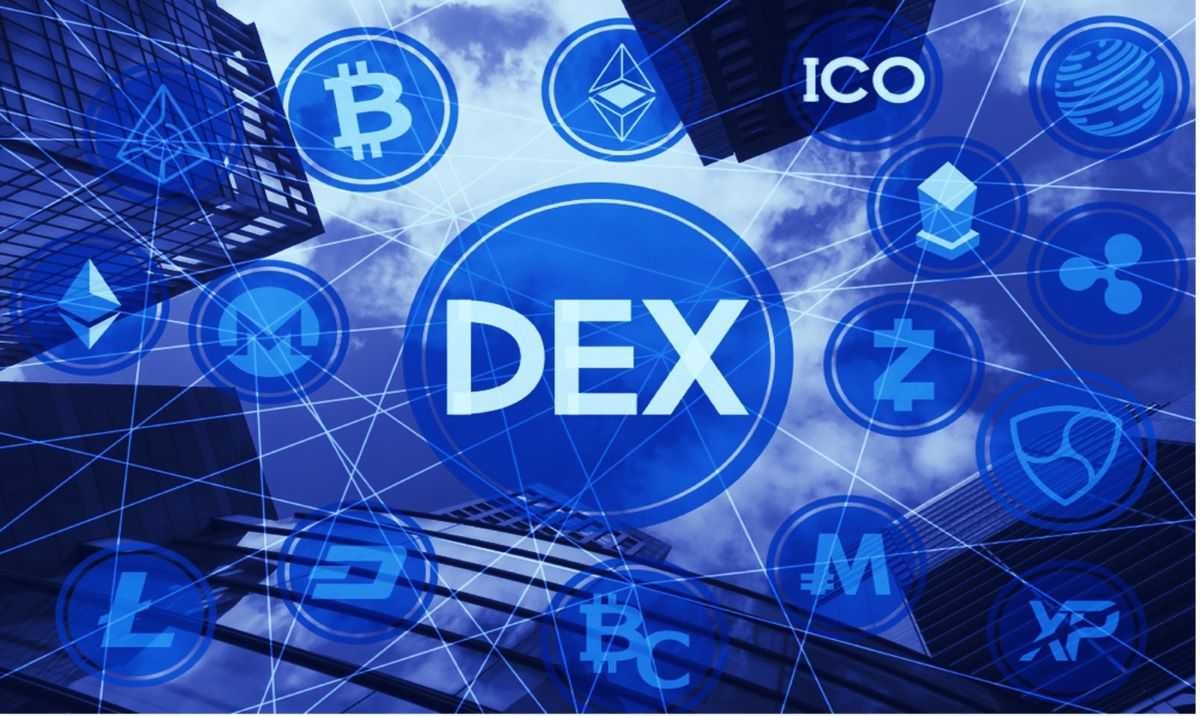Introduction:
In the dynamic world of cryptocurrency, innovation is constant, and one significant evolution is the rise of Decentralized Exchanges, commonly known as DEX. Unlike traditional exchanges that rely on centralized intermediaries, DEX platforms leverage blockchain technology to create a more secure, transparent, and user-centric trading experience. In this article, we’ll delve into the fundamentals, benefits, and the exciting potential of decentralized exchanges.
Understanding Decentralized Exchanges (DEX)
Decentralized Exchanges, or DEX, are platforms that facilitate the peer-to-peer trading of cryptocurrencies without relying on a central authority to manage transactions. In essence, DEX operates as a trustless environment, allowing users to trade directly from their wallets, maintaining control over their private keys and funds.
Key Characteristics of DEX
- Decentralization: The primary distinguishing feature of DEX is decentralization. Instead of relying on a central entity to match and execute trades, DEX operates on blockchain networks, ensuring transparency, security, and resistance to censorship.
- User Control: In a DEX, users retain control over their private keys and funds throughout the trading process. This reduces the risk of hacks or unauthorized access often associated with centralized exchanges.
- Smart Contracts: DEX utilizes smart contracts, self-executing pieces of code that automate the trading process. Smart contracts enable the secure and transparent execution of trades without the need for an intermediary.
- Asset Diversity: DEX platforms often support a wide range of cryptocurrencies and tokens. This diversity allows users to trade various assets without the limitations imposed by traditional exchanges.
Advantages of Using DEX
- Security: Decentralization reduces the risk of centralized hacks that have plagued traditional exchanges. Users have more control over their assets, reducing the likelihood of unauthorized access.
- Privacy: DEX platforms often prioritize user privacy. Traders can execute transactions without the need for extensive KYC (Know Your Customer) processes, offering a more private trading experience.
- Global Accessibility: DEX platforms are accessible to anyone with an internet connection, fostering financial inclusion by enabling users from around the world to participate in cryptocurrency trading.
- Reduced Counterparty Risk: Users trade directly from their wallets using smart contracts, minimizing the need for trust in a central entity. This reduces counterparty risk associated with centralized exchanges.
Popular Decentralized Exchanges
- Uniswap: Uniswap is a decentralized exchange running on the Ethereum blockchain, known for its automated market-making (AMM) model that enables users to trade various ERC-20 tokens.
- PancakeSwap: Operating on the Binance Smart Chain, PancakeSwap is a decentralized exchange offering low fees and fast transactions. It has gained popularity for its user-friendly interface.
- SushiSwap: SushiSwap is another decentralized exchange on Ethereum, known for its community-driven governance model. Users can stake tokens and participate in liquidity pools.
Challenges and Considerations
- Liquidity Issues: Some DEX platforms may face liquidity challenges, impacting the ease of executing trades, especially for less popular tokens.
- Smart Contract Risks: While smart contracts enhance security, vulnerabilities may exist. Users should conduct due diligence and be aware of potential risks associated with specific DEX platforms.
Conclusion
The Future of Trading is Decentralized
Decentralized Exchanges represent a significant step towards a more open, inclusive, and secure cryptocurrency trading ecosystem. As these platforms continue to evolve and overcome challenges, they play a pivotal role in shaping the future of crypto trading. Embracing DEX introduces users to a new era of financial autonomy and transparency. The future of Decentralized Exchanges promises a paradigm shift in how we perceive and conduct crypto trading. As these platforms continue to innovate and adapt to evolving market needs, they are poised to redefine the landscape of finance, placing control back into the hands of users and reshaping the future of decentralized economies.
Stay tuned for more insights into the ever-evolving world of cryptocurrencies and decentralized technologies. Happy trading!

[…] DeFi holds immense potential, challenges such as security vulnerabilities, regulatory uncertainties, and […]
[…] Decentralized Exchanges (DEX): Platforms like Uniswap and PancakeSwap allow users to trade cryptocurrencies directly from their wallets without the need for a centralized exchange. This enhances security and provides a user-friendly trading experience. […]
Nice post, thanks!